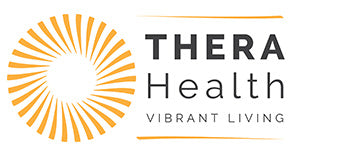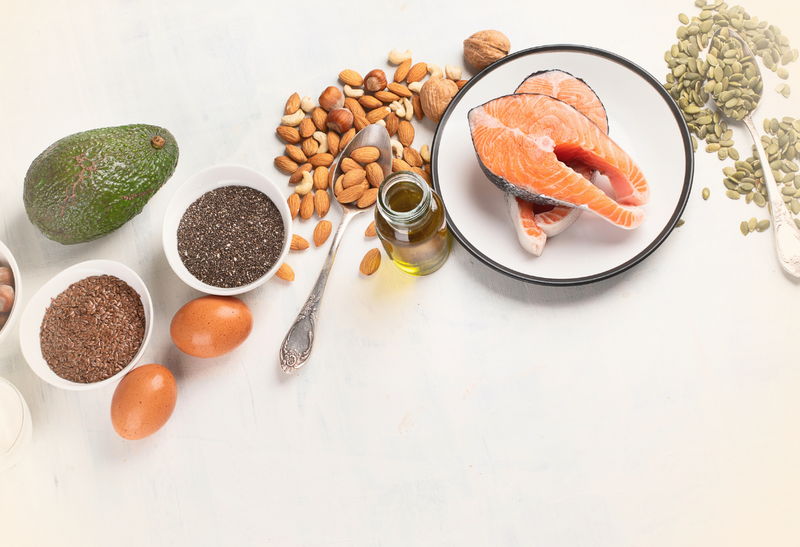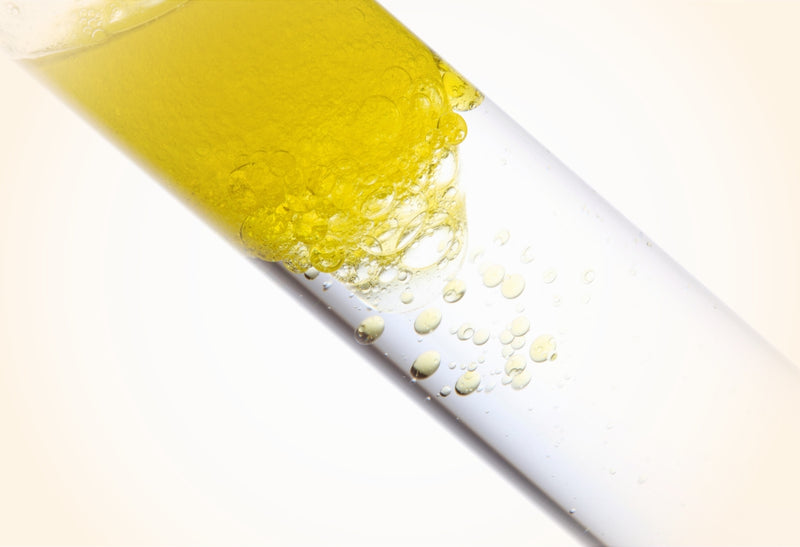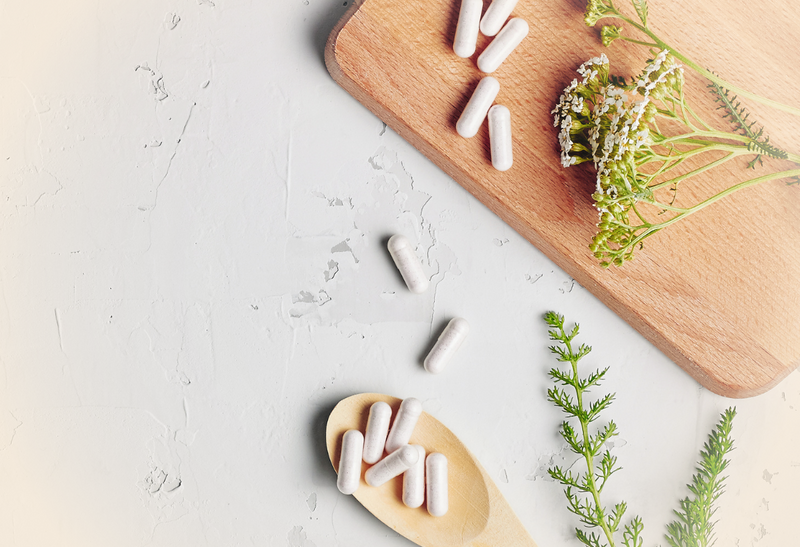Supplement labels are required by law to list which vitamins and minerals they contain and in what quantities. But looking closely, you’ll notice a section called “Other Ingredients.” These ingredients do not have any quantities listed, nor is there any indication as to what they actually do.
We call these ingredients fillers and excipients. They all have a purpose, often optimising the manufacturing process or binding the supplement together. But do you really need them in your supplements? Or perhaps the better question is, could they hurt you if they are present?
The answer to that is not quite as cut and dried as you might think. Read on to learn about some of the most common types of fillers and excipients used in supplements today.

Why Do Supplement Manufacturers Use Fillers and Excipients?
10. GREEN TEA (EGCG)
 Fillers and excipients fall into several categories. Many may fit into more than one category.
Fillers and excipients fall into several categories. Many may fit into more than one category.
The most common types are:
- Binding agents: These are used to hold tablets and capsules together, so they don’t crumble apart.
- Fillers: These add bulk to supplements, so that your capsules don’t appear to be only half full.
- Flow enhancers and lubricants: These help to prevent supplement ingredients from clumping together and sticking during the manufacturing process. This often helps to lower the cost of supplements significantly.
- Coatings and glazes: These also help to hold supplements together and make them easier to swallow.
- Preservatives: These help to extend the shelf life of supplements.
- Colours: These improve the appearance of the supplements.
- Flavours and sweeteners: Most common in chewable and liquid supplements, these improve the taste of the product.
What Are the Most Common Fillers and Excipients Used in Supplements?
 We’ve outlined some of the most common fillers and excipients used in supplements below. This is not a complete list, so if you run across an ingredient you are unfamiliar with on a supplement label, you may want to do your research before purchasing that supplement.
We’ve outlined some of the most common fillers and excipients used in supplements below. This is not a complete list, so if you run across an ingredient you are unfamiliar with on a supplement label, you may want to do your research before purchasing that supplement.
Cellulose
Cellulose is a popular binding and coating agent. It is a naturally occurring organic compound found in the cell walls of plants. This makes it a popular choice for vegetarian and vegan supplement manufacturers that want to avoid using animal-sourced ingredients. Cellulose is also a popular bulking agent, because it takes up a lot of space without adding any additional calories. Humans lack the enzymes necessary to absorb cellulose, so it is not absorbed by the body and is considered a type of dietary fibre. It is considered safe for human consumption.
Gelatin
Gelatin is another popular capsule coating and binding agent. It is derived from animal sources, usually pigs and cows, so vegetarians and vegans will want to avoid any supplements containing it. If you don’t have these restrictions, gelatin is considered safe for humans, though consuming high levels of it may cause gastrointestinal distress. If you get a lot of gelatin in your regular diet, you may want to think twice before purchasing a supplement made with gelatin.
Stearic Acid
Stearic acid is a naturally occurring fatty acid found in meats, eggs, butter and even chocolate. It’s a popular supplement ingredient because of its lubricating qualities, which help supplements readily flow through the manufacturing process without clumping or sticking to machinery.
Because it is a saturated fat and because of its close relationship to magnesium stearate (see below), stearic acid is often given a bad rap, but it likely isn’t something to worry about if you come across it in your supplement. It generally makes up 1 to 2 percent of most supplements, and you’re probably consuming it in much larger quantities through your regular diet.
Magnesium Stearate
Magnesium stearate is another popular flow enhancer and binder, made by combining magnesium with stearic acid. It is arguably the most controversial of all the excipients listed here, and that’s thanks to one 1990 rat study. The study was actually looking at stearic acid and claimed that it suppressed T cells in rats, a central part of the immune system.1 This reputation was also passed on to magnesium stearate, but subsequent research has indicated that humans may not experience this same effect. The jury is still out on this one, so if this concerns you, you may want to avoid supplements that contain magnesium stearate.
Silicon Dioxide
Silicon dioxide’s ability to absorb moisture makes it a popular anti-caking agent and flow enhancer. It’s naturally found in sand, which may not sound like something you want to put into your body, but there’s no evidence to suggest that it reacts or interferes with anything inside your body.
 Carrageenan
Carrageenan
Carrageenan is derived from red seaweed and is used as a vegan thickening agent. That all sounds great, but some studies have suggested that it can cause severe gastrointestinal distress and inflammation, so it’s best avoid it if you can.2
Potassium Sorbate
Potassium sorbate is a natural salt that’s often used in supplements to help preserve them and extend their shelf life. Some people do not like potassium sorbate because it is often manufactured synthetically, but the Food & Drug Administration (FDA) considers it safe to eat. However, some people have a sensitivity or allergy to potassium sorbate which causes nausea and indigestion.
Titanium Dioxide
Titanium dioxide is a popular whitening agent used to improve the look of supplements. It carries no other benefit, and it is considered possibly carcinogenic by the European Chemicals Agency and the Canadian Centre for Occupational Health and Safety. It’s best to avoid supplements that contain this if possible.
Artificial Colours and Flavours
These ingredients are included to enhance the look and taste of supplements. The FDA considers them safe, but many independent organisations are less certain. There is some speculation that these ingredients may be harmful to the body, so it’s best to avoid them whenever possible.
The Bottom Line
Not all fillers and excipients are harmful, but you don’t necessarily need them either. Before purchasing a supplement, look closely at its Supplement Facts, particularly the “Other Ingredients” section, and go with one that only uses proven-safe ingredients.
View the Thera Health’s brands to see excipient free/safe excipient supplements for the whole body.












